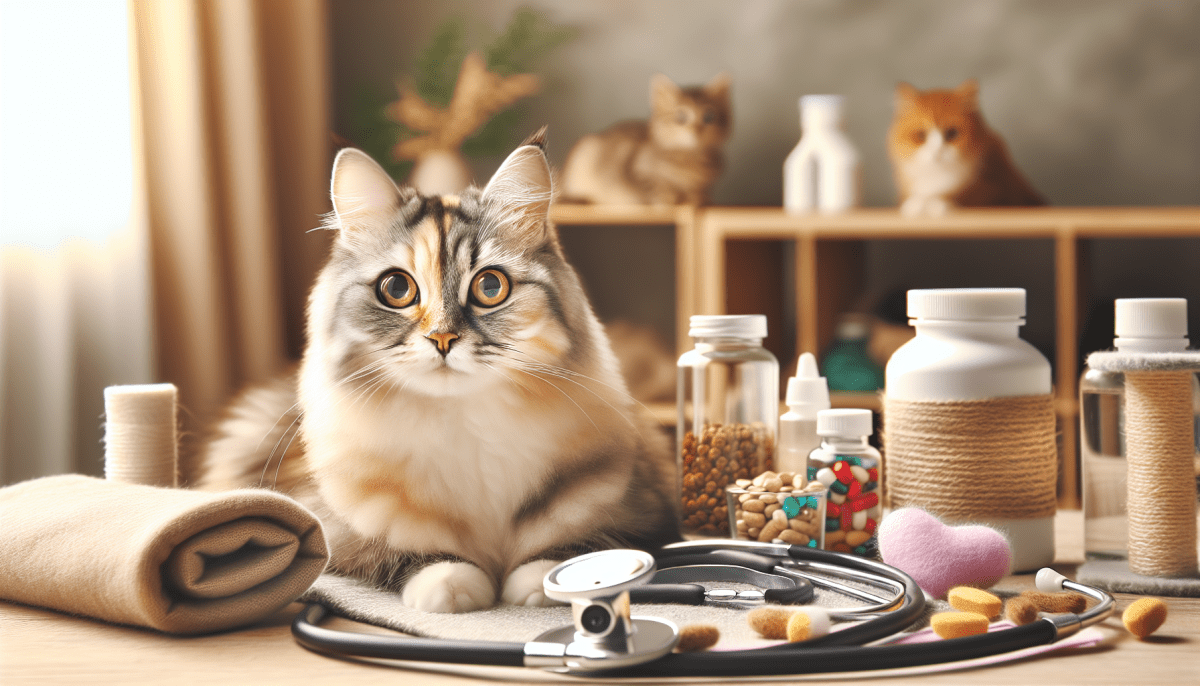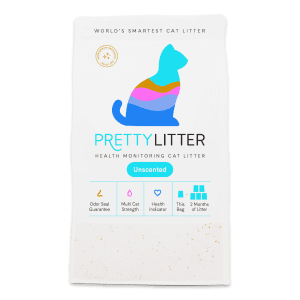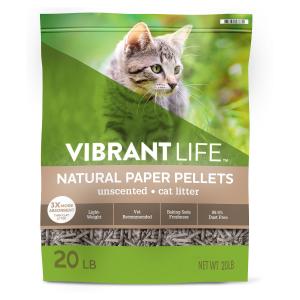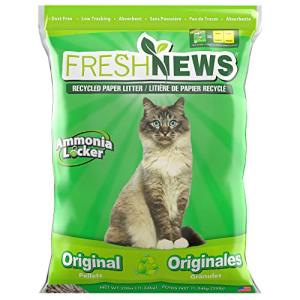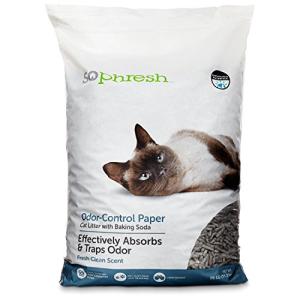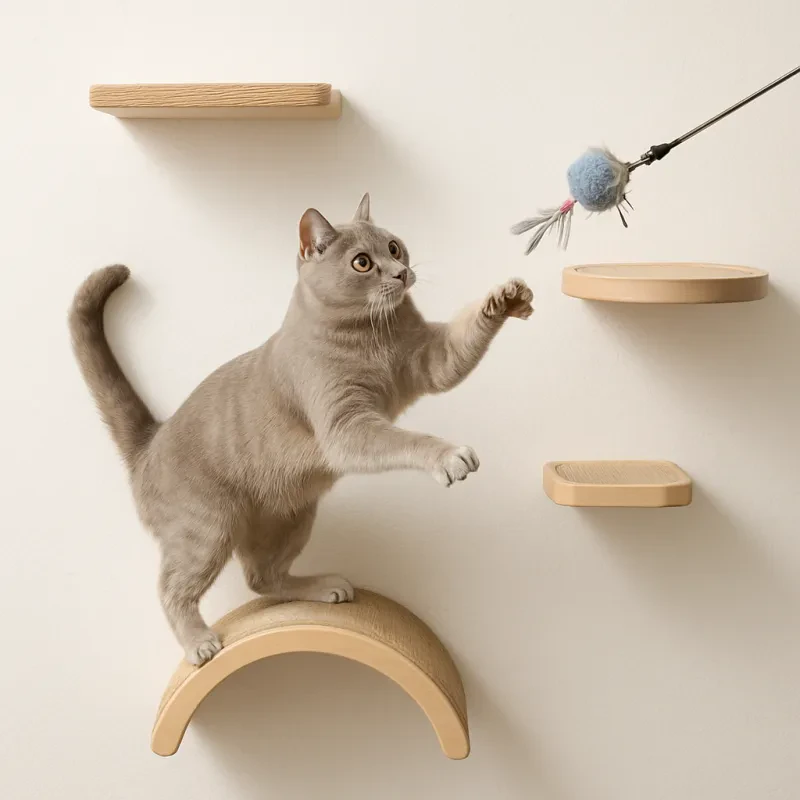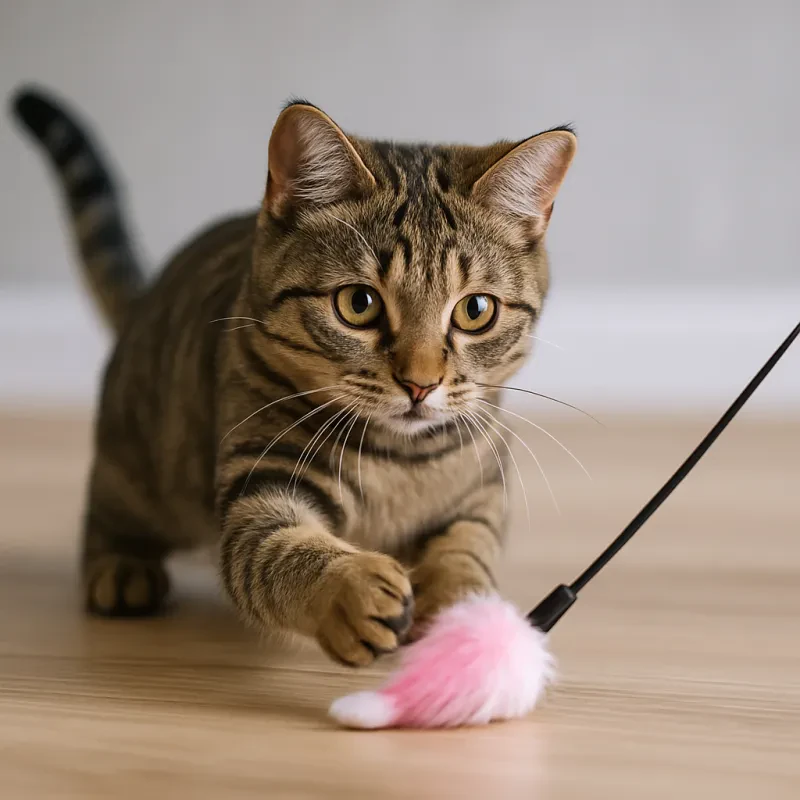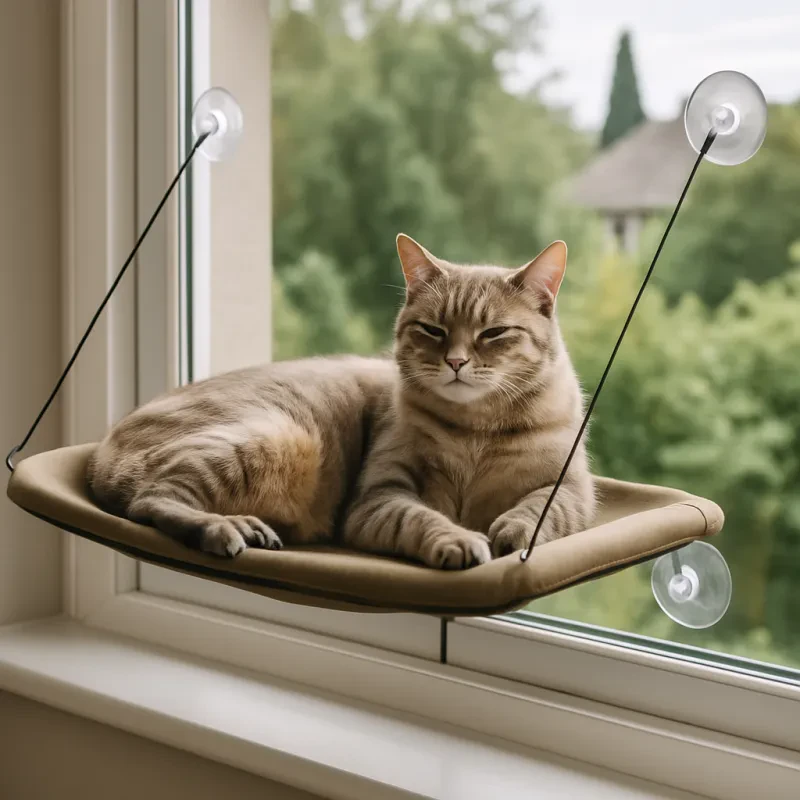Keeping your feline friend happy and healthy is a top priority. Sometimes, our furry pals can’t tell us when they’re not feeling great. It's essential to watch for signs of illness. Here are some key indicators that your cat might be experiencing health problems.
If your cat suddenly becomes less active or seems to hide away more than usual, pay close attention. A drop in energy can signal various cat health problems. Similarly, if your cat doesn't jump onto their favorite perch or plays less, it could be a sign they're not feeling well.
Watch their eating habits too. If they skip meals or drink less water, it’s a red flag. Cats are creatures of habit; if they're suddenly ignoring food or water, something might not be right. Vomiting or diarrhea can also indicate digestive issues or other health concerns.
Check for any changes in behavior, like excessive grooming or suddenly being grumpy. If your usually cuddly cat starts swatting you away or seems irritable, don’t brush it off. It could mean they're in pain or discomfort, which is often tied to underlying cat health problems.
Lastly, don't forget about their litter box habits. If you notice any changes in their bathroom routine—like straining to pee or having accidents—this is definitely something to investigate. Changes in litter box behavior can signal urinary issues, which need attention right away.
Common Health Issues in Cats
When you bring a cat into your home, you're welcoming a furry little friend who can bring so much joy. But it's important to keep an eye on your kitty's health. Understanding common cat health problems can help you spot issues early and keep your feline companion happy.
One of the most frequent cat health problems is dental disease. Many cats will develop tartar buildup, leading to gum disease and tooth loss. Regular brushing and dental treats can help maintain their pearly whites. If your cat has bad breath, that could be a red flag. Make sure to take a look inside their mouth.
Obesity is another major concern. It's becoming more common due to overfeeding and lack of exercise. Being overweight can lead to diabetes and joint problems. Watch your cat's portions and encourage playtime with toys or laser pointers. Keeping your cat active is a great way to prevent these health issues.
Urinary issues are quite common as well. Cats can develop urinary tract infections or blockages, which can be very serious. If your cat is straining to urinate or has blood in their urine, get to the vet right away. Ensuring your cat has access to fresh water and a clean litter box can help prevent these problems.
Lastly, don't overlook behavioral changes. If your cat suddenly becomes withdrawn or aggressive, it might be a sign of illness. Cats can be pretty good at hiding discomfort, so it's important to watch for any changes in their habits. Regular vet check-ups can help catch potential cat health problems before they become serious.
Kelp Soft Chews for Healthy Cat Teeth & Breath
Naturally Freshen Your Cat's Breath and Support Optimal Dental Health with Kelp Soft Chews
Product information
$14.99 $13.53
Product Review Score
4.21 out of 5 stars
157 reviewsProduct links
Preventive Care for Your Feline Friend
Preventive care can be a game-changer when it comes to keeping your cat healthy and happy. Just like us, our feline friends benefit a lot from routine checks and good habits. You don’t want to wait until a bigger issue arises to rush to the vet. Regular veterinary visits can help catch small problems before they turn into serious cat health problems.
A key part of preventive care is vaccinations. Keeping your cat’s shots up-to-date protects them from common diseases that can be harmful. Talk to your vet about which vaccines are necessary based on your cat’s lifestyle. If your furry buddy spends time outdoors, they might need a different schedule than an indoor cat.
Dental health is another biggie often overlooked. Just like us, cats can develop dental issues that lead to other health problems. Regular teeth brushing and dental treats can help keep their pearly whites in check. If you notice bad breath or tartar buildup, it’s time for a vet check-up. These signs can lead to more serious cat health problems.
Don’t forget about nutrition and exercise! Feeding your cat high-quality food tailored to their life stage helps them stay fit and healthy. Keeping them active through playtime not only keeps their weight in check but also helps prevent obesity-related cat health problems down the road. Simple toys or laser pointers can turn a lazy afternoon into an exercise extravaganza!
PrettyLitter Health Monitoring Cat Litter, 8lb
Keep Your Cat Healthy and Happy with PrettyLitter's 8lb Bag of Health Monitoring Cat Litter
Product information
$41.10 $27.48
Product Review Score
4.77 out of 5 stars
41 reviewsProduct links
When to Visit the Vet
If your cat is acting unusually, pay attention. Is your usually playful furball suddenly hiding or just lounging around? If they’re less active than normal, it might be a signal that something's not quite right. Also, changes in eating or drinking habits can be a big red flag. If they’re munching less or drinking a lot more, hop on over to the vet.
Watch for physical changes too. Is your cat coughing, sneezing, or having trouble breathing? Any of these can point to respiratory issues, which need immediate attention. Also, check their fur and skin. If you see excessive scratching, bald patches, or unusual lumps, don’t hesitate to reach out to your vet. These are common cat health problems that shouldn't be ignored.
And let’s not forget about litter box behavior. If your cat is straining to urinate, or if you notice blood in their urine, it’s a must to visit the clinic ASAP. These symptoms can indicate urinary tract infections or other serious issues. Remember, regular check-ups are key too! Even if your cat seems fine, a yearly vet visit can catch any underlying cat health problems before they become serious.
